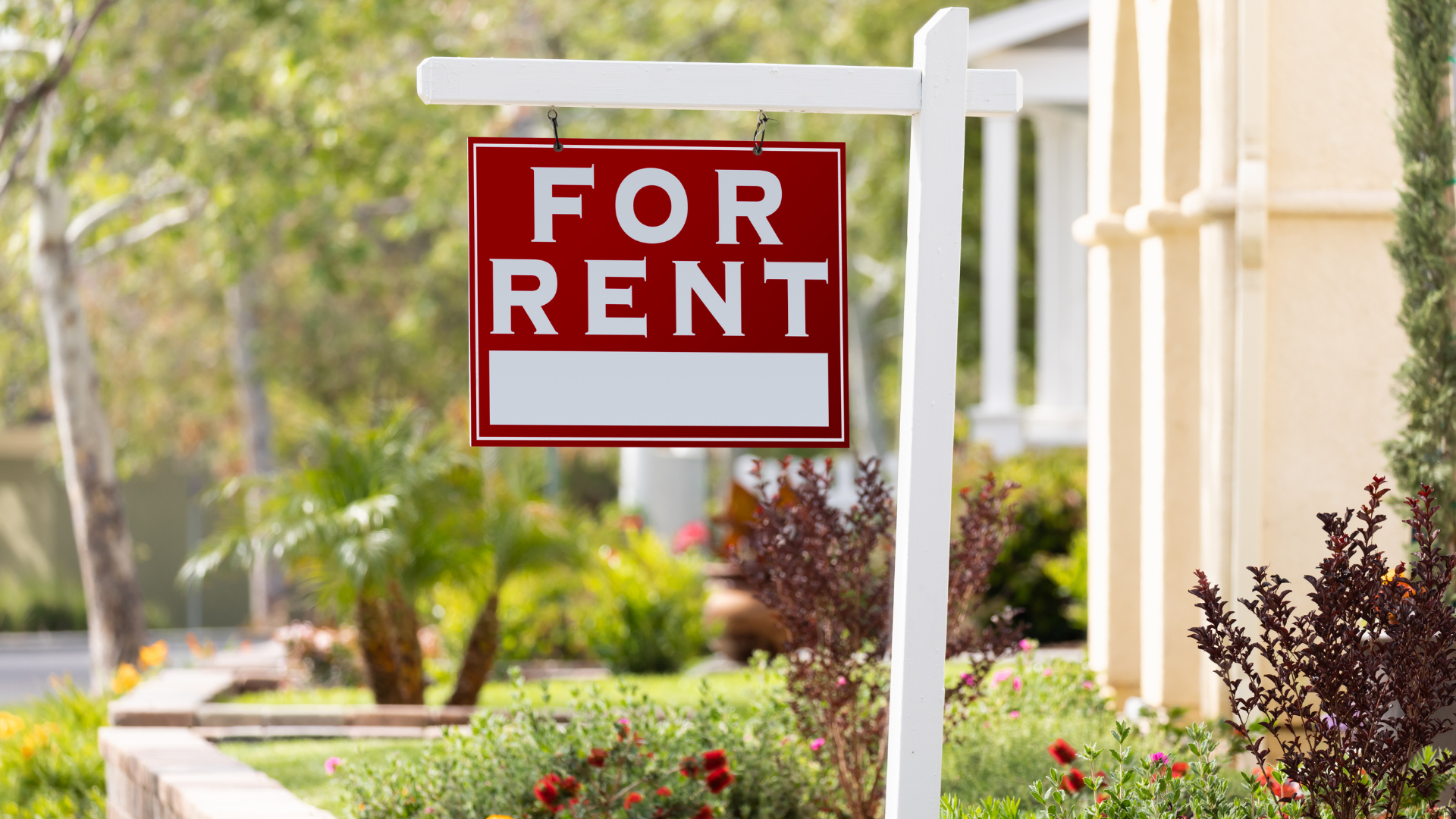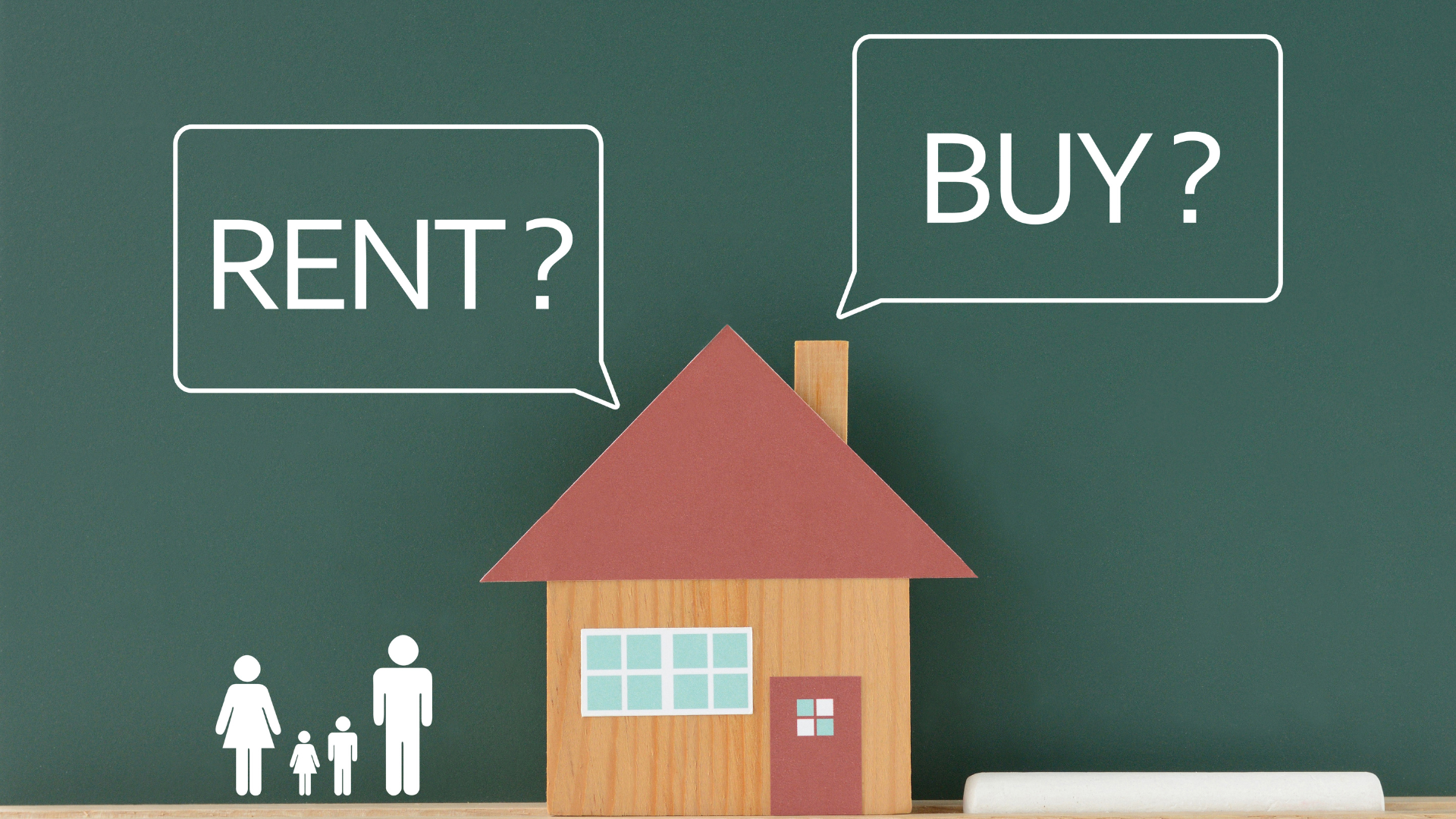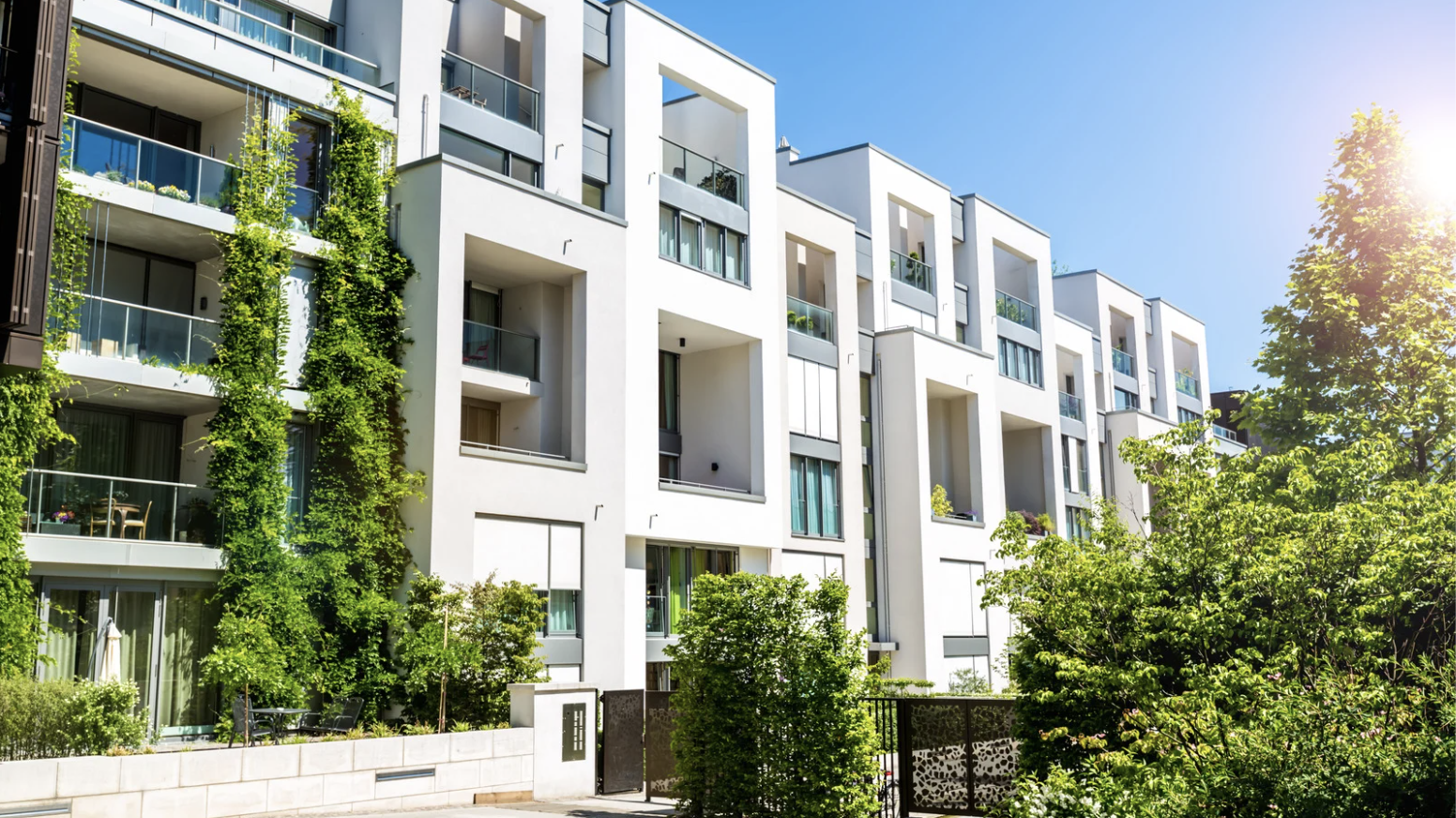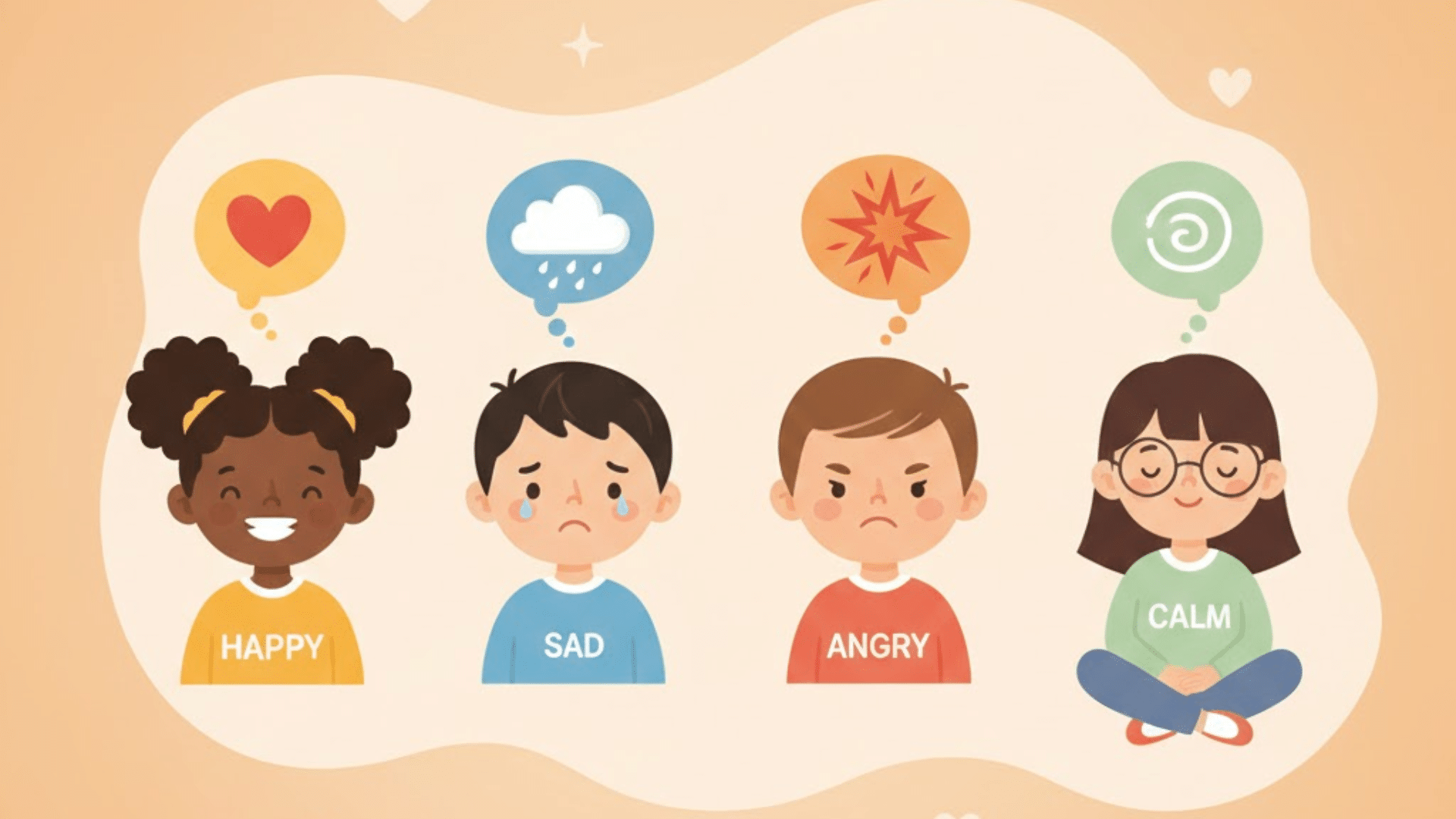I know how confusing it can feel when deciding between renting and buying a home. Many people see owning a house as the ultimate goal, but I’ve learned that renting has benefits that are easy to overlook.
Renting often means lower upfront costs, fewer surprise expenses, and more freedom to move when life changes. It takes away the stress of property taxes, big repairs, and long-term debt.
In today’s economy, with higher housing prices and stricter loan rules, renting can be a smarter option for many.
This post looks at the biggest pros of renting a house, from saving money to enjoying more flexibility, and shows why it’s becoming the better choice for a lot of people.
Why People Choose Renting Today
The pros of renting a house stand out more than ever as housing costs continue to rise. With stricter mortgage rules and higher interest rates, many people find ownership less practical than it used to be.
Instead of locking themselves into decades of debt, renters enjoy the advantages of renting, such as predictable costs, fewer financial surprises, and freedom from property taxes.
This flexibility allows them to move for work, downsize in retirement, or wait for better buying conditions.
In today’s uncertain economy, these benefits carry real weight. The pros of renting a house give people lower risks, more control over their lifestyle, and the peace of mind that comes from avoiding the burdens of ownership.
Financial Benefits of Renting
One of the biggest pros of renting a house is the cost savings. It requires less money up front and helps keep future expenses predictable.
1. Lower Upfront Costs
When buying a home, you need a large down payment and other costs. Renting only requires a deposit and the first month’s rent, making it a more affordable option.
A $2,000 upfront cost for renting is much more manageable than a $40,000 down payment. Renting eliminates additional costs, such as appraisal and title insurance fees.
2. No Property Taxes or Big Repairs
Renters don’t have to worry about paying property taxes. Homeowners pay thousands each year, but renters avoid this expense.
Repairs are also covered by the landlord in rental homes. If something breaks, such as a roof or furnace, the landlord covers the cost.
Instead of unexpected bills that can drain savings, renters know big-ticket repairs won’t fall on them. That financial cushion creates breathing room, letting renters plan for the future without the fear of sudden expenses.
3. Predictable Monthly Payments
The monthly rent is fixed for the entire lease term, making budgeting easier. Homeowners often face rising mortgage rates, taxes, and surprise repair costs.
Renters can predict exactly how much they’ll pay each month. This financial stability enables renters to save and manage their budgets more effectively.
4. Lower Utility Costs in Many Cases
Rental homes are often smaller and more energy-efficient. This can result in $100–$150 in monthly savings on utility bills.
Some rental properties even include utilities in the rent. This further reduces costs, making it easier to stay within a budget.
Lifestyle Benefits of Renting a House

Money is important, but lifestyle matters too. Renting gives a level of freedom that ownership often doesn’t.
1. Flexibility to Move
Leases are typically short, making it easy to relocate when needed. This helps during job changes, new opportunities, or life transitions.
Renting also avoids the stress of selling a house. You can move once the lease ends without waiting for a buyer.
2. Access to Amenities
Many rentals include extras like pools, gyms, or security services. Having these built in adds comfort and convenience at no extra cost.
Paying for the same amenities separately can add hundreds each month. Renting bundles them into one affordable payment.
3. Less Daily Responsibility
Renters don’t need to mow lawns, fix roofs, or handle major repairs. Reworded to avoid repeating “landlord covers repairs”
Simple tasks like lawn care, snow shoveling, or seasonal fixes are often handled by the landlord or property staff.
This means renters have more free time on weekends and evenings to enjoy hobbies, relax, or spend time with their family, rather than tackling home chores.
4. Test Drive a Neighborhood
Renting allows you to try an area before making a long commitment. You can check the schools, commute, and community to see if they fit your needs.
This trial period helps you avoid regret from buying in the wrong place. Renting allows you to learn what works best for your lifestyle.
Why Renting Reduces Stress
Another set of advantages of renting relates to the peace of mind it provides. It helps reduce the stress that often comes with owning a house.
- No Market Risks: Renters don’t carry the financial burden if housing prices fall. Homeowners can lose equity during a downturn, but renters stay safe since they don’t own the property.
- Freedom from Debt: Renting means you avoid a 30-year mortgage and the stress that comes with it. Without this long-term loan, you have more freedom to manage your money and adjust your goals.
- Landlord Takes the Stress: Landlords are responsible for major repairs and maintaining the home’s safety. Instead of worrying about broken plumbing or expensive roof damage, renters can rely on their landlord to handle it.
When Renting Makes the Most Sense
Renting works especially well in certain stages of life. These groups often gain the most from renting a house.
1. Young Professionals
Young professionals can focus on their careers instead of home upkeep. Renting gives them time and energy for work and growth.
They avoid weekend projects, such as repairs or yard care. This allows them to build skills and earn an income without extra stress at home.
2. Students
Students often need short-term housing near school. Renting gives them affordable and flexible options during their studies.
They don’t carry the burden of a long-term commitment. When school ends, they can easily relocate without major costs.
3. Frequent Movers
People with job transfers or military service benefit from renting. It allows them to move quickly without the hassle of selling.
Renters aren’t tied down by a mortgage, so moving is much easier. Once the lease ends – or even sooner with flexible agreements – they can pack up and go.
This makes renting a good fit for anyone whose job or lifestyle requires frequent changes in location.
4. Families Saving Up
Families can use renting to keep monthly costs lower. The savings help them build a strong down payment for the future.
Without property taxes or expensive repair bills, families can keep more money in their pockets each month. That extra cash can go toward savings, education, or a future home, helping them build financial security step by step.
5. Retirees
Retirees often prefer to downsize into rental homes. Renting removes the need for heavy maintenance or large expenses.
For retirees, renting means steady monthly costs that fit well with a fixed income. It also takes away the worry of rising taxes or surprise repair bills, letting them enjoy retirement without financial stress.
Renting vs. Buying: Why Renting Wins for Many

Buying a home builds equity, but it also brings heavy costs. Renting provides flexibility, lower expenses, and fewer risks.
| Aspect | Renting | Buying |
|---|---|---|
| Monthly Costs | About $1,500 with no extra repair bills | Around $2,000, including taxes and upkeep |
| Flexibility | Easy to move when the lease ends | Selling takes time, money, and effort |
| Risk | No impact from falling housing prices | Value can drop, leaving owners with losses |
| Repairs | The landlord handles major repairs and fixes | Homeowner pays for all maintenance |
| Upfront Costs | Small deposit and first month’s rent | Large down payment plus closing costs |
This comparison shows why renting often makes more sense, offering lower costs, fewer risks, and greater flexibility.
Final Thoughts
Looking back, I see the pros of renting a house reach beyond cost savings.
Renting has given me time, flexibility, and peace of mind that ownership doesn’t always guarantee.
The advantages of renting also free me to focus on my goals instead of constant upkeep or long-term debt. That shift has made my life simpler and less stressful.
If you’re weighing your options, consider how renting could meet your current needs. Compare what’s available in your area today – you may realize renting is the smarter choice for you right now.










